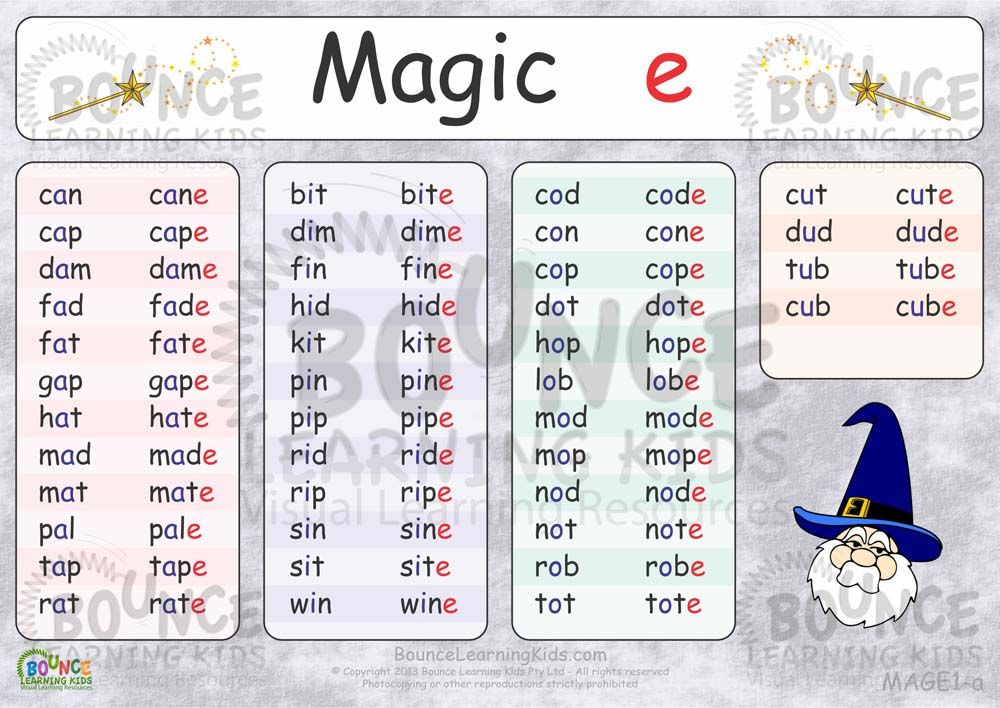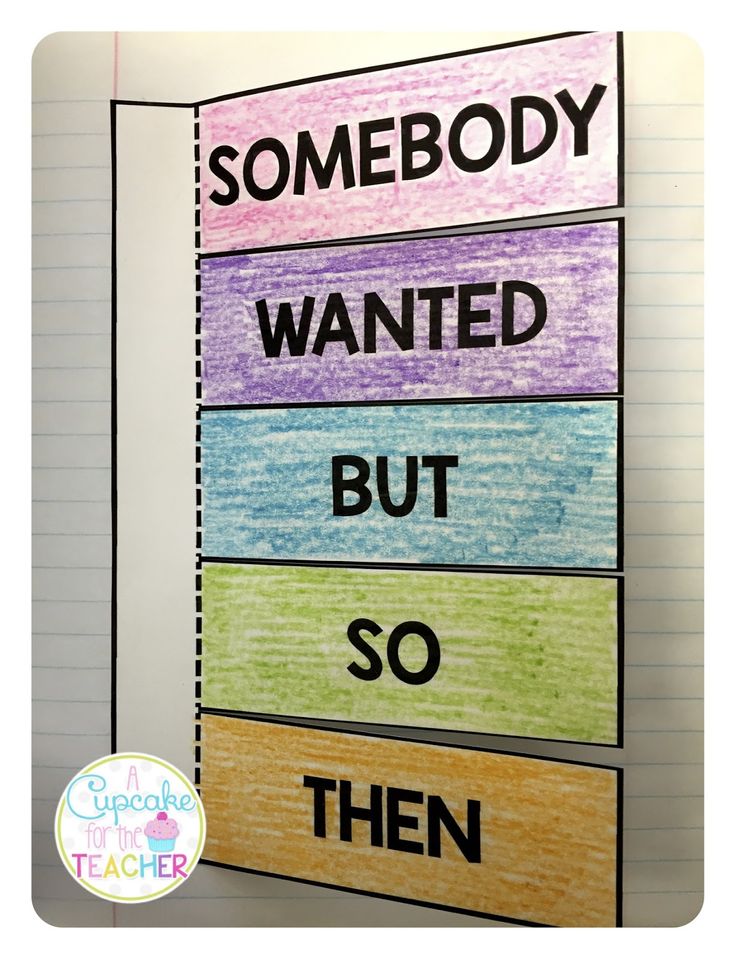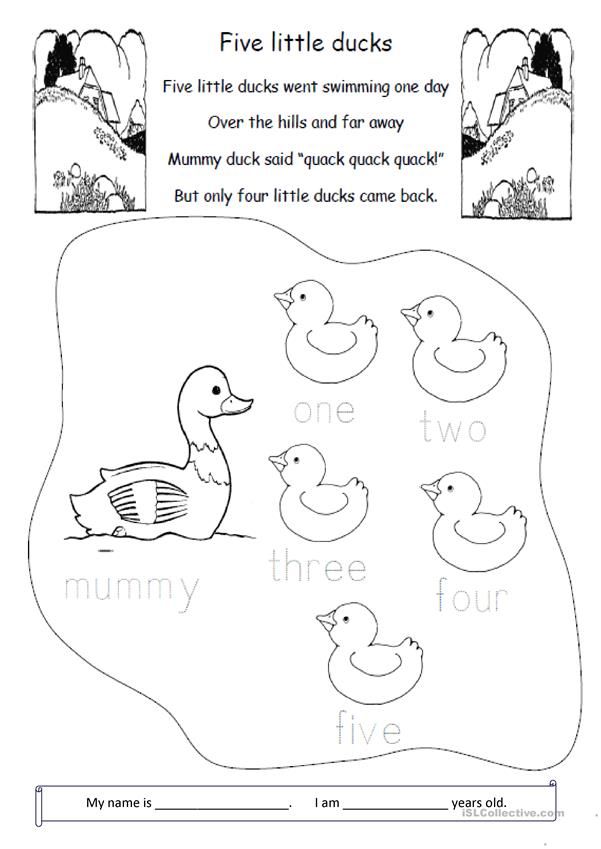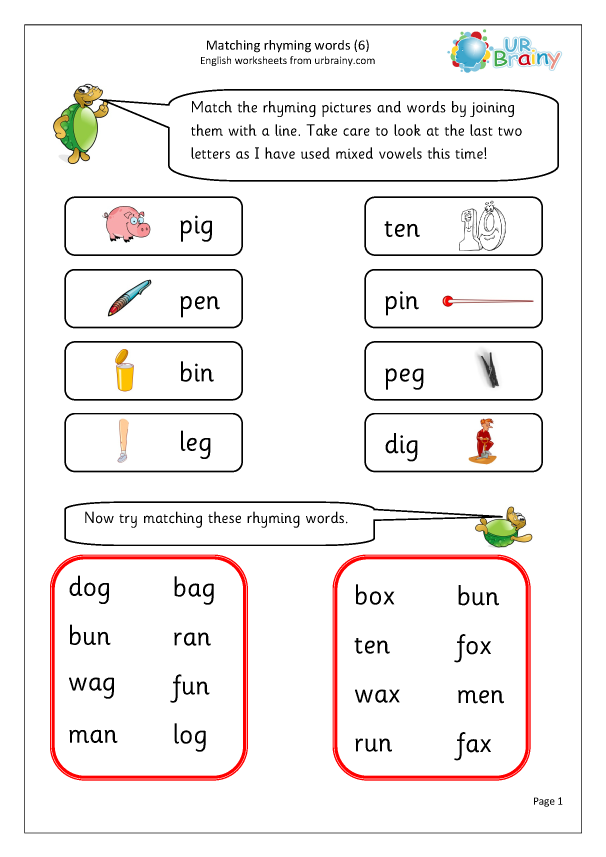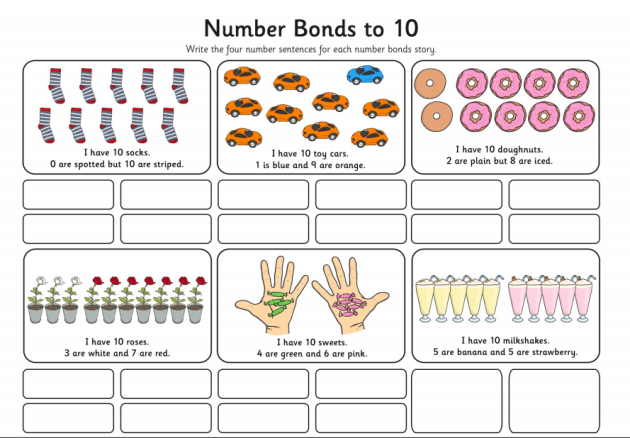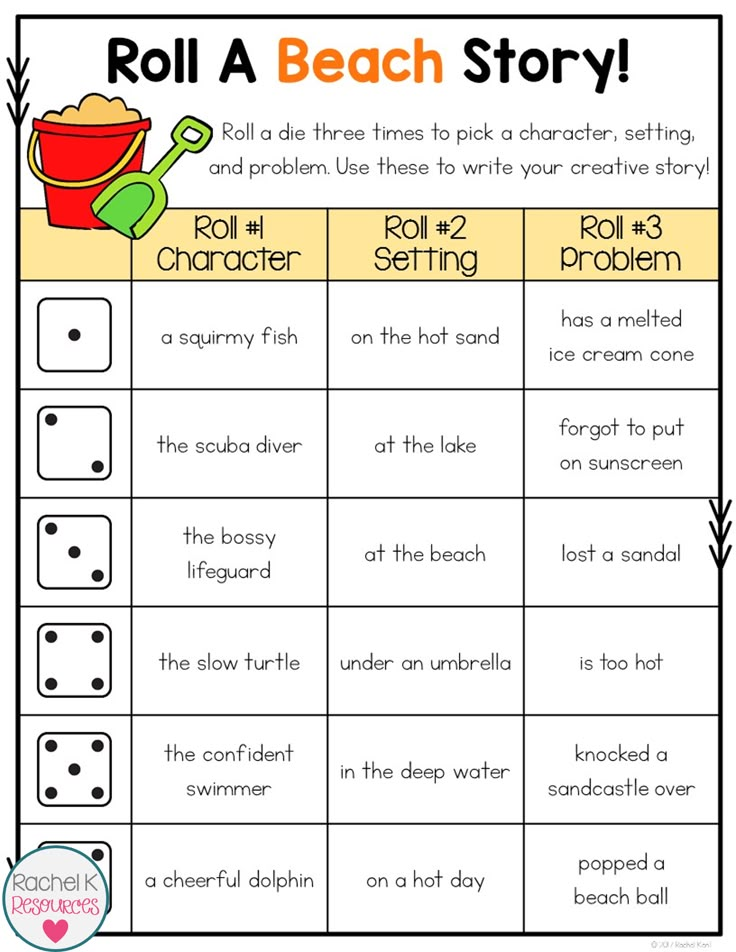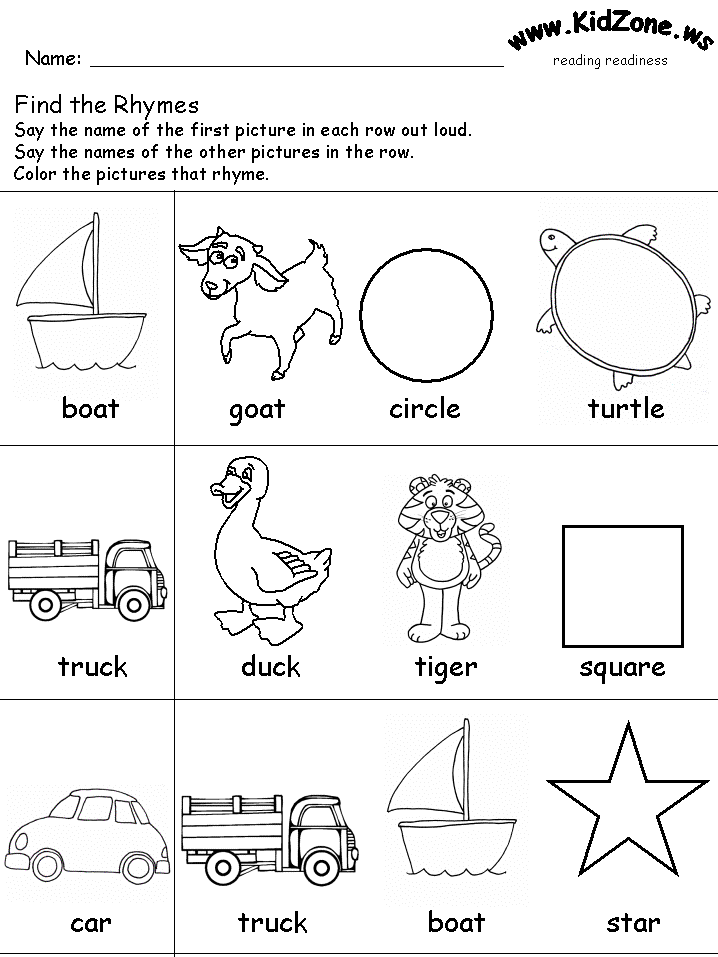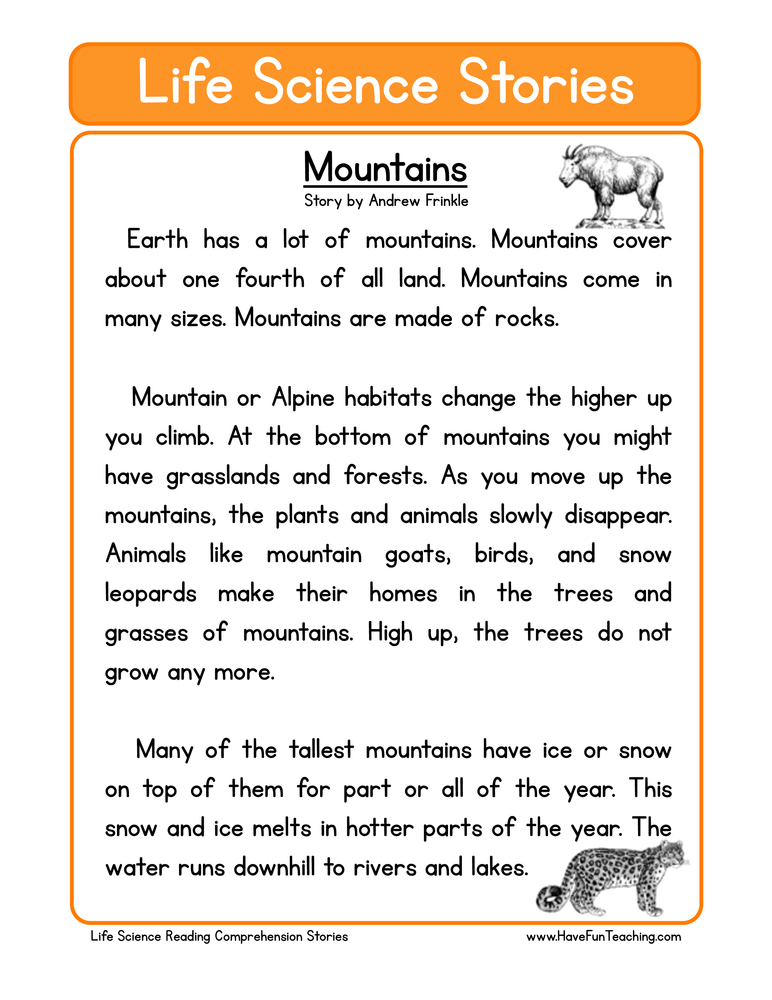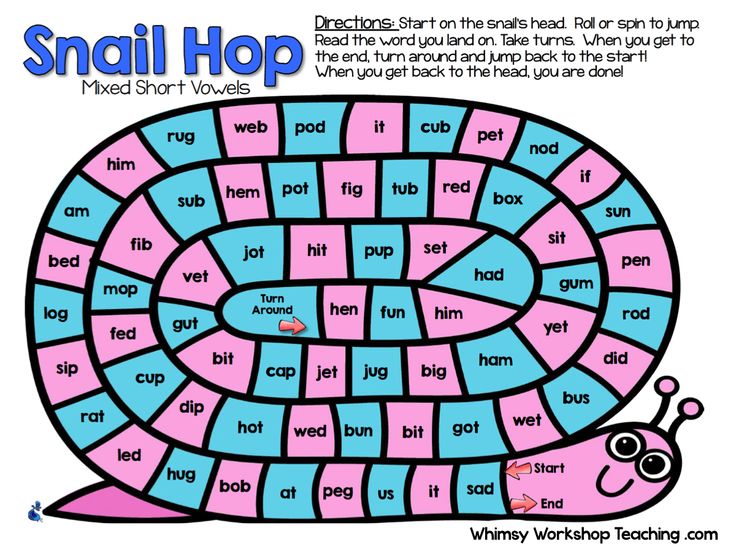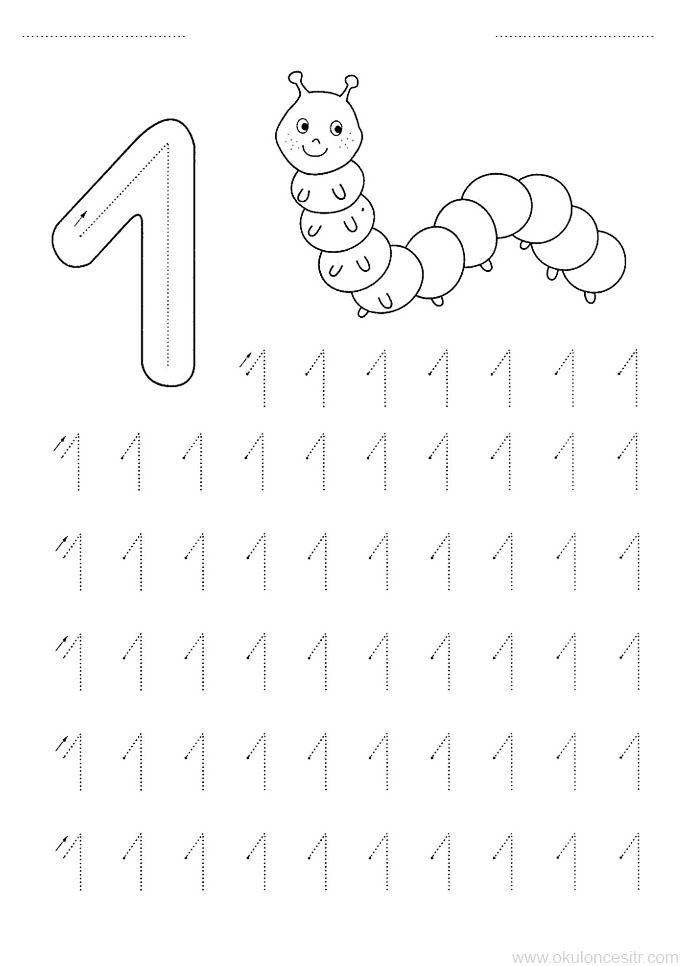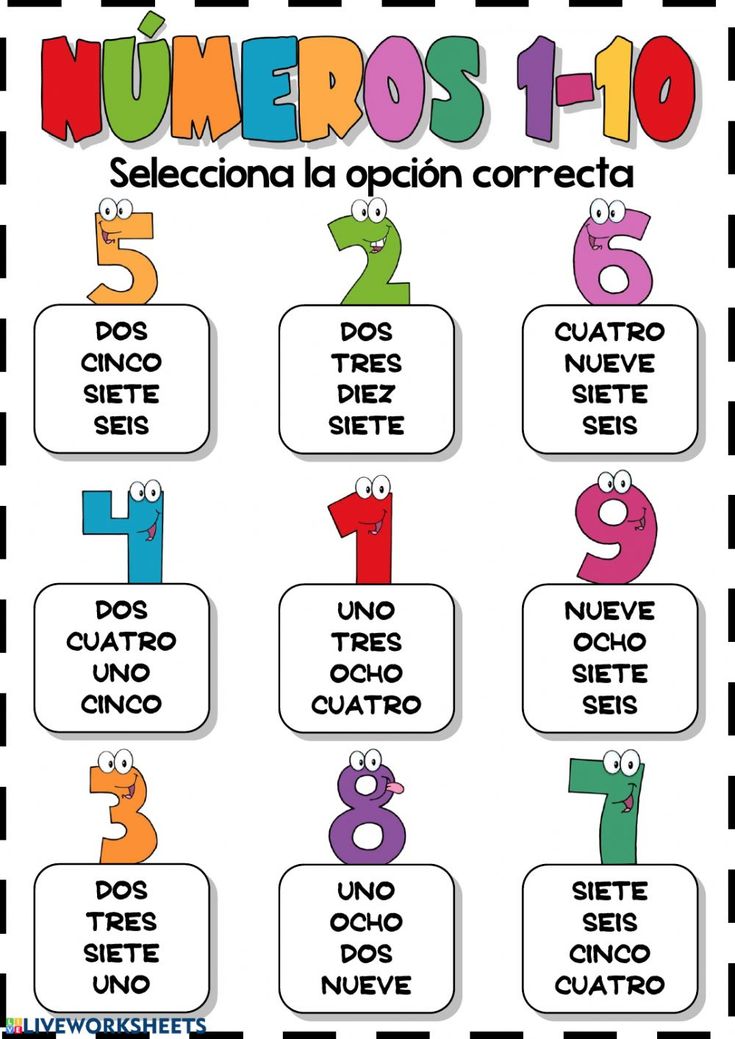Free learn to read for adults
Best Free Online Reading Resources For Adults
Jul222021
By guest author: Devin Fisher, M.S., CCC-SLP
I want people to know that there are resources out there at no cost that may be helpful relative to using and working on literacy skills. It’s important to engage regularly in reading activities, as there is a strong relationship between literacy skills and other cognitive-communication skills. So, if you have read this far, I encourage you to pick at least one of these resources recommended and give it a try.
Check out these great free reading resources!
Libby
The Libby app from OverDrive grants you access to your local library and other libraries so that you can readily access thousands of ebooks and audiobooks.
Library of Congress
The Library of Congress offers free classic books online for all ages including adults.
Open Library
Open Library, a part of the Internet Archive, is an editable library database attempting to develop web access to published books everywhere.
ManyBooks
ManyBooks provides an extensive library of free eBooks along with many works by self-publishing authors.
Project Gutenberg
Project Gutenberg also offers many free classical eBooks.
Amazon
Free eBooks are also available through Amazon, although the offerings vary greatly. Additionally, if you’re a member of Amazon Prime, you receive access to an eBook for free each month, but those options vary as well.
Barnes & Noble
Barnes & Noble provides free NOOK books on its site. However, the quality and options vary month to month.
Rakuten Kobo
Rakuten Kobo also offers up free eBooks.
Hoopla
Much like the Libby app mentioned above, Hoopla grants you access to your local library and other libraries so that you can readily access thousands of ebooks and audiobooks along with other media including movies and music.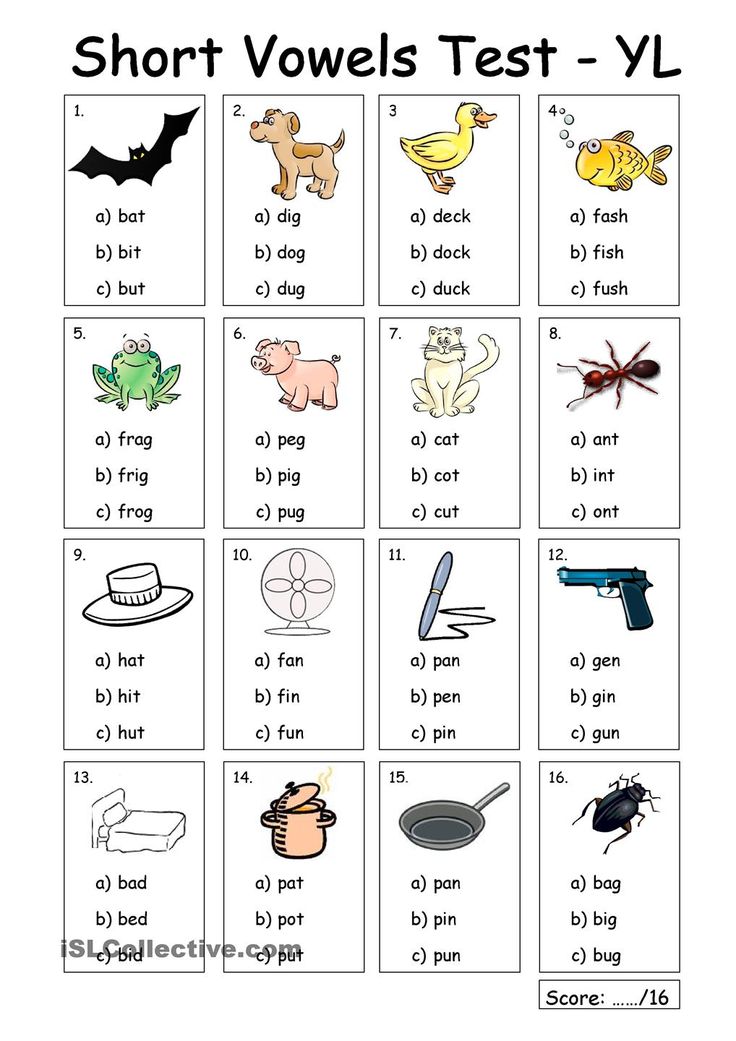
NASA
NASA provides eBooks related to its field of research including aeronautics, history, and science along with more academic researcher’s guides for independent learning.
BBC
BBC is the public service broadcaster based out of the United Kingdom but is accessible to everyone across the world. The great thing about the BBC is there are no caps on how many articles you read and it is all free.
Reuters
Reuters strives to provide reliable information and news in real-time. This is another free source that does not limit how much content you read or view.
PBS
PBS functions in many different roles as a public broadcasting service and one of these roles is providing reliable news that’s free of cost.
NPR
NPR (National Public Radio) offers another non-profit vehicle for relaying free news across the country via different mediums including written, audio and video.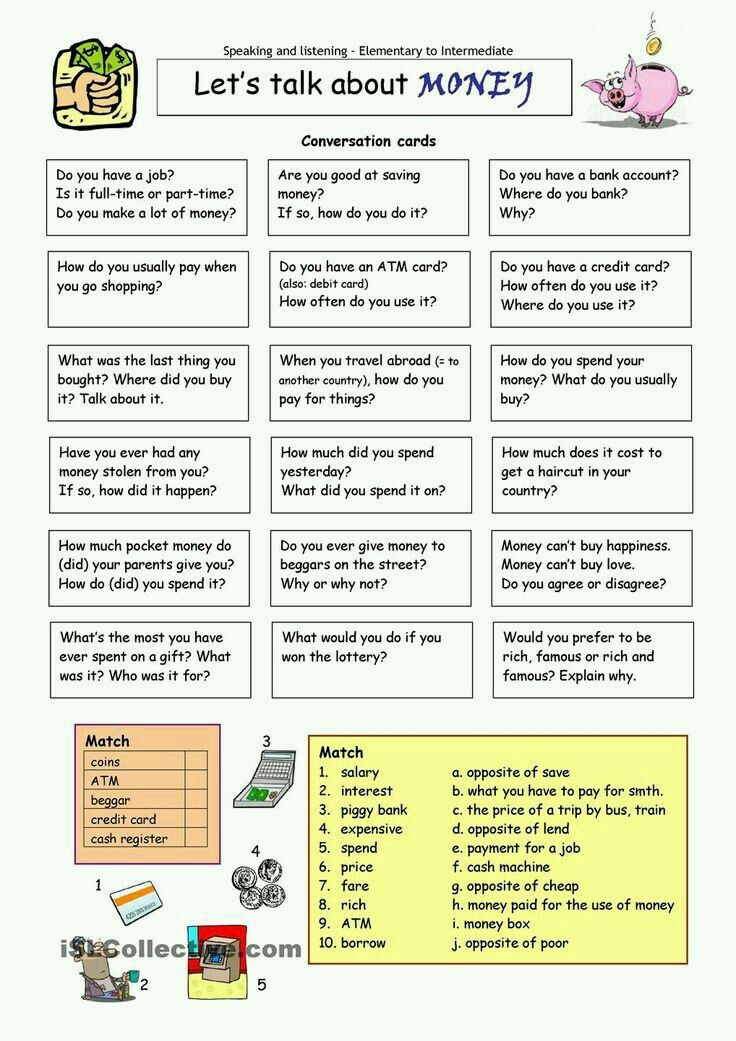
Thanks for reading and I hope you get some benefit out of using these resources. If you enjoyed this post, you may enjoy other posts at speakupthinkup.com.
About the author:
Hi, my name is Devin! I’m a practicing speech-language pathologist in Las Vegas, Nevada. I care deeply about helping others and hope to help many people locally and abroad. I started Speak Up, Think Up! to get more resources into the hands of those that need them.
We help adults with speech and language impairments to reconnect with family and friends, improve communication, and live their best lives. Call us at 866-570-8775 or visit the link below to get started.
Schedule a Free Consultation
Categories: Aphasia, Apraxia, Autism, Communication Impairments, Developmental Disability, Dysarthria, Primary Progressive Aphasia, Traumatic Brain Injury
Free adult reading resources at Read.
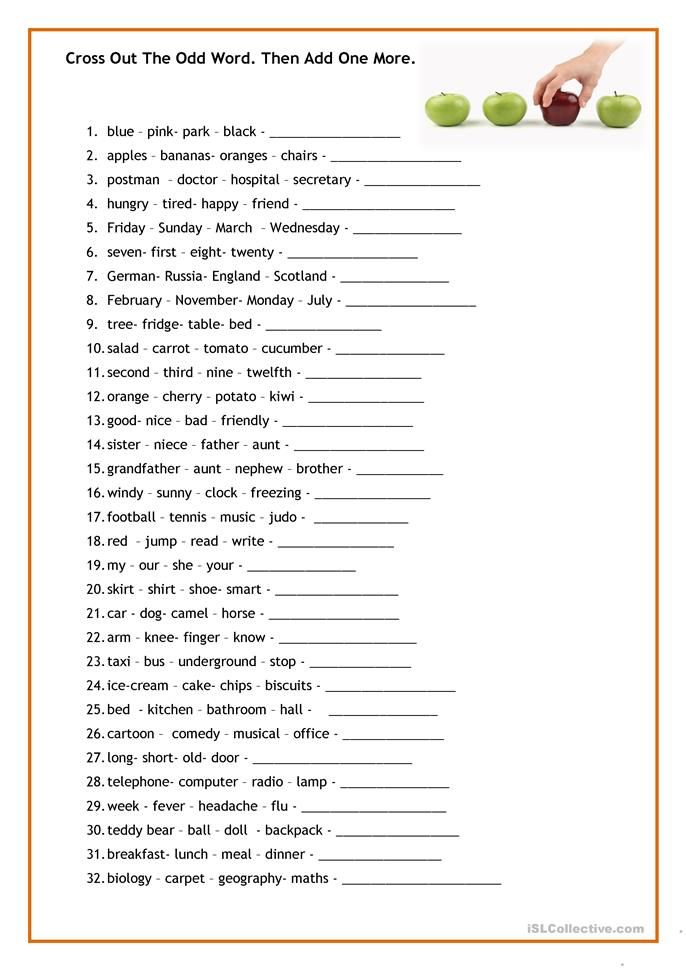 gov
govLibrary of Congress
Read.gov
The Library of Congress > Read.gov > Adults
Read.gov encourages everyone to discover the world of books. Here you'll find a variety of free reading resources to explore and enjoy.
"A Few Tales of the Rail"
by Othello F. Andrews
"The Bride Special,"
by Lincoln J. Carter
"Babe Ruth as I Knew Him"
by Waite Hoyt
"A New System of Sword Exercise"
by Matthew J. O'Rourke
"Handbook of the New Library of Congress"
compiled by Hebert Small
"Masquerades, Tableaux and Drills"
by Butterick Publishing Company
1:39:33
Stephen King and Family
25:13
Cassandra Clare at the 2011 National Book Festival
39:38
Julianne Moore at the 2011 National Book Festival
- Isabel Wilkerson at the National Book Festival
- Louis Bayard at the National Book Festival
- Walter Mosley at the National Book Festival
Festivals
The National Book Festival is the Library's annual celebration of books and reading. Authors from across the country entertain participants with insights into their work.
Authors from across the country entertain participants with insights into their work.
Other book festivals and literary events are held nationwide. There is probably one near you. Find a festival near you
Focus on Fiction
The Library has significant collections of the works of Ralph Ellison, Bernard Malamud and Philip Roth — all of whom have won the National Book Award.
Read more
Booklists
Read.gov presents a sampling of suggested books that will spark the imagination and transport readers to new and exciting places. Look for these books in your local library. This reading list was compiled based on the authors appearing at the 2009 National Book Festival.
Poetry & Prose
- Eubanks, W. Ralph. “The House at the End of the Road: The Story of Three Generations of an Interracial Family in the American South”
- Glass, Julia. “I See You Everywhere”
- Hirsch, Edward. “How to Read a Poem and Fall in Love with Poetry”
- Nafisi,Azar - "Things I Have Been Silent About"
- O'Brien, Tim.
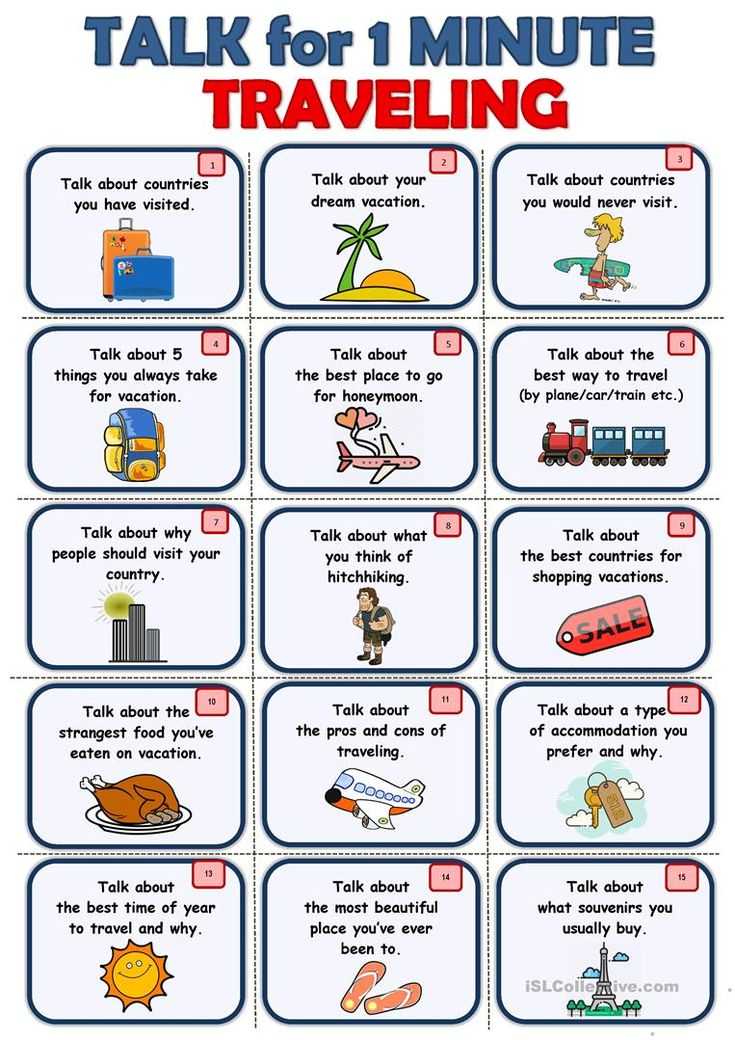 “The Things They Carried”
“The Things They Carried” - Ryan, Kay. “The Jam Jar Lifeboat”
- More Poetry & Prose
Mysteries & Thrillers
- Baldacci, David. “First Family”
- Child, Lee. “Gone Tomorrow”
- Clark, Mary Jane. “Dying for Mercy”
- More Mysteries & Thrillers
Fiction & Fantasy
- Al Khemir, Sabiha. “The Blue Manuscript”
- Alvarez, Julia. “Return to Sender”
- Díaz, Junot. “The Brief Wondrous Life of Oscar Wao”
- More Fiction & Fantasy
History & Biography
- Balz, Dan, and Haynes Johnson. “The Battle for America 2008: The Story of an Extraordinary Election.”
- Duncan, Dayton, and Ken Burns. “The National Parks: America's Best Idea.
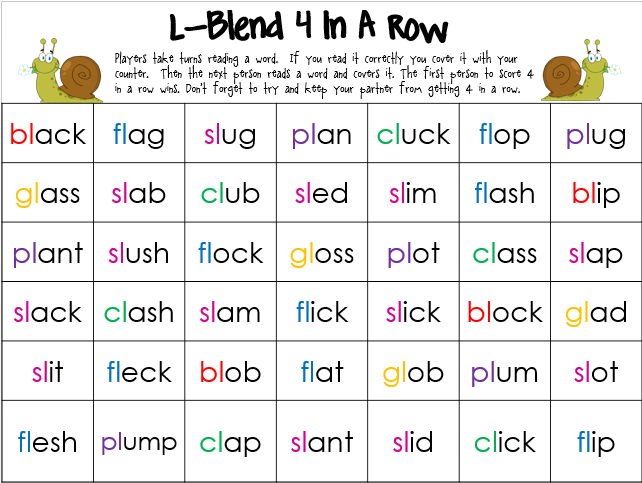 ”
” - Gordon-Reed, Annette. “The Hemingses of Monticello: An American Family.”
- Ifill, Gwen. “The Breakthrough: Politics and Race in the Age of Obama”
- More History & Biography
English from scratch. Learning to read
What is the first thing a child is taught when he comes to school? Of course, the alphabet, and then reading and writing. Any teaching of a foreign language begins with the same. Is it possible to speak English without mastering the literacy? Yes, if you completely immerse yourself in the language environment. But even under such ideal conditions as living in an English-speaking country, you will still feel like a child in the company of adults. Without a decent knowledge of English, it is not easy not only to live in an English-speaking country, but also to travel the world. Even the airport is much easier to navigate for those who know how to read English.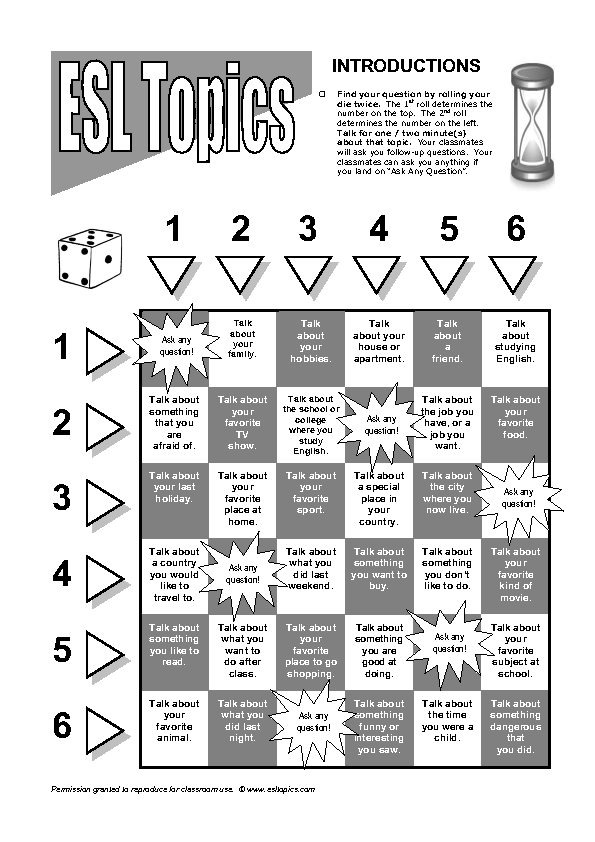
So, it is clear that in order to master the language, you will definitely need to learn how to read. Any foreign course is built in such a way that in the first lessons you learn the alphabet and pronunciation. At the initial stages, of course, you will need to make an effort to remember how certain letters and letter combinations are read. But having mastered English literacy in the first lessons, you can easily voice any text, even filled with unfamiliar words.
How to learn to read English correctly. Some Tips
There are many ways to learn to read English. Someone resorts to the help of transcription. Others write down the pronunciation of English words using Russian letters. There are people who like to read aloud a lot. And someone focuses on audio files. In fact, all methods are good in their own way. When learning to read, it is not enough to learn letters, diphthongs and remember all the rules. In this matter, constant practice is important. Here are some tips to help you develop your English reading skills:
- Learn to listen to English.
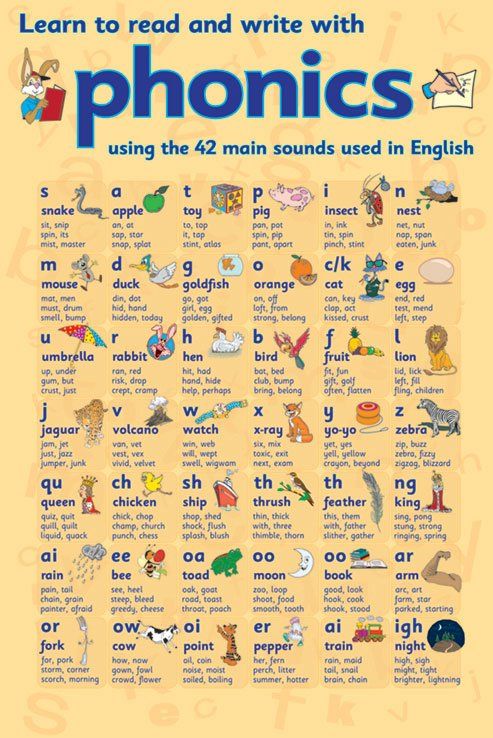 Oddly enough, but the ability to hear what the British and Americans say directly affects our ability to read. At the initial stage, adapted books are very useful, provided with discs with audio recordings of the texts themselves. Having before your eyes the text that the announcer reads, you learn to read correctly on a subconscious level.
Oddly enough, but the ability to hear what the British and Americans say directly affects our ability to read. At the initial stage, adapted books are very useful, provided with discs with audio recordings of the texts themselves. Having before your eyes the text that the announcer reads, you learn to read correctly on a subconscious level. - Try to read every day. Make it a rule to read English books for at least 20-30 minutes every day. Choose books according to your level of language proficiency. At the initial stage, you can read fairy tales and short stories. And in order to develop spoken language skills, it is also useful to occasionally look at English-language periodicals and blogs.
- Get used to writing in English. As you know, reading and writing are directly related. One follows from the other. If a person reads English at a decent level, then he will most likely state his thoughts on paper very competently. Getting to know native speakers is one of the most affordable and effective ways to improve your reading and writing skills.
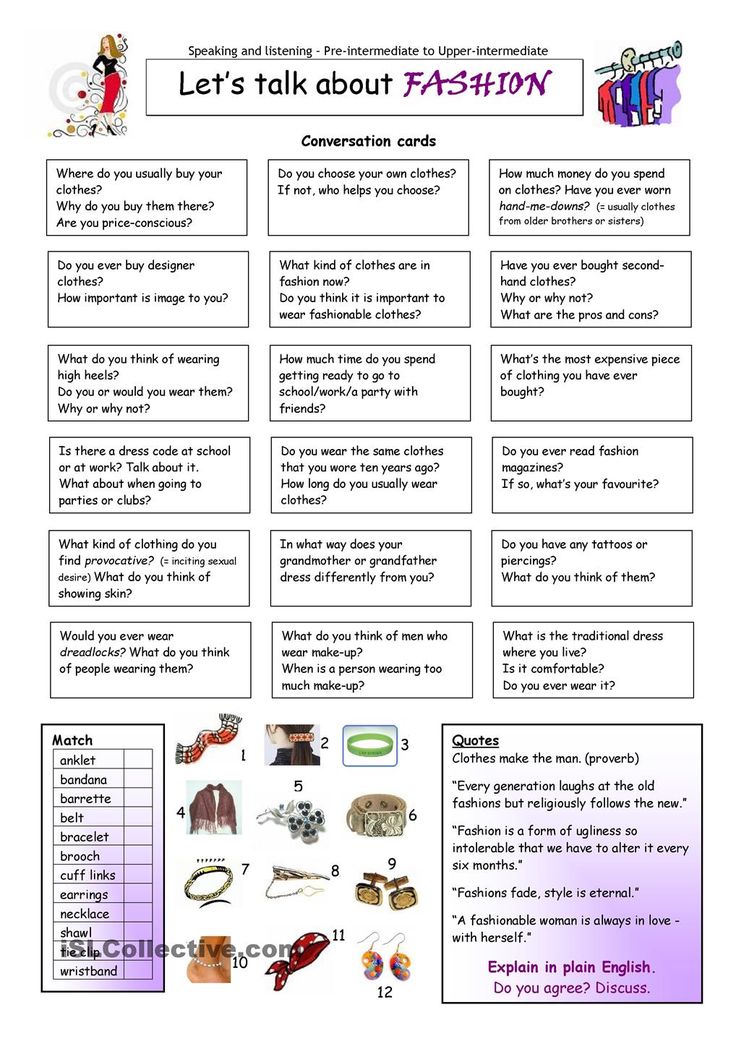 Communication in modern society is often based on correspondence in chats and social networks. Therefore, having met a native speaker, you yourself will not notice how correspondence in English will become part of everyday life. Introverts can be advised to keep a diary, which will be filled with entries in English.
Communication in modern society is often based on correspondence in chats and social networks. Therefore, having met a native speaker, you yourself will not notice how correspondence in English will become part of everyday life. Introverts can be advised to keep a diary, which will be filled with entries in English. - Learn English tongue twisters and poems. For example: Whether the weather be fine, or whether the weather be not. Whether the weather be cold, or whether the weather be hot. We'll weather the weather whether we like it or not Tongue twisters help to work out the pronunciation of complex sounds. Poems enrich vocabulary.
- Practice pronunciation. Spend time practicing those sounds that are unusual for Russian speakers. For example, the combination th is not given to every student the first time. And, of course, the easiest way to learn the correct pronunciation is to listen to the dialogues and monologues of native speakers. Modern TV series with English subtitles help to deliver the correct speech.
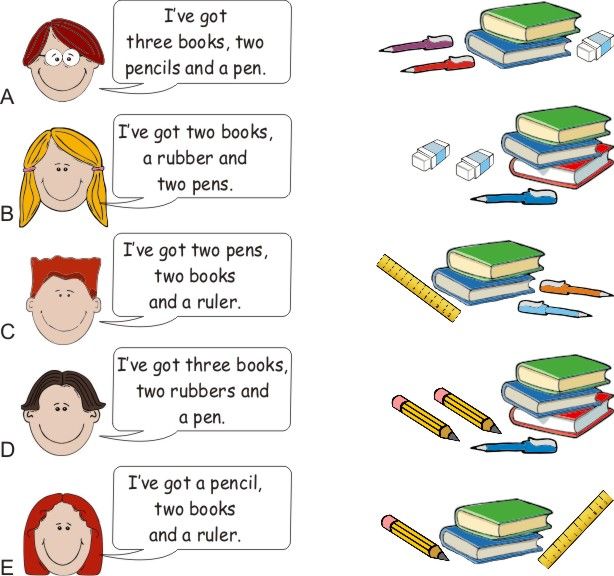
Reading in English . Alphabet
Suppose you want to learn to read English from scratch. In this case, you will have to start from the very beginning, that is, from the alphabet, consisting of 26 letters.
English alphabet (alphabet)
English has 20 consonants and 6 vowels. Vowels include letters: A, E, I, O, U, Y.
In order to learn the alphabet faster, you can turn to children's songs. Bright cards with letters also help a lot.
There are a few letters in the English language that "behave" differently from the rest. So, almost all consonants in English make one sound. But X is an exception. This letter conveys two sounds at once [ks]. It is also worth paying attention to the last character in the English alphabet. The pronunciation of Z depends on whether we are dealing with the British or American version of the language. In the first case, the letter is read as [zed], in the second - as [zi:].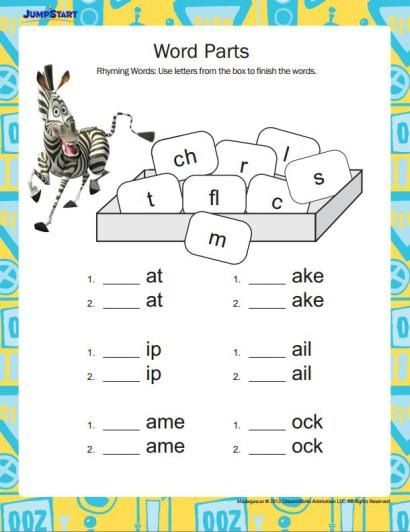
The pronunciation of the letter R is also very different between the Americans and the British. In the UK, this is a long sound a [a:]. In the American alphabet - ar [a: r].
Transcription
Reading English will be much easier if you learn the transcription, which is a system of signs used to record sounds. Since this or that letter may sound differently depending on what signs surround it, it can be difficult for a foreigner to read some words correctly without transcription. However, recently many students refuse to memorize the symbols of English phonetics. Indeed, thanks to the Internet, today you can easily listen to how the right word is read.
How to read consonants
It's easy enough to remember how to read consonants in English. The fact is that you can easily find analogues in Russian for many consonant sounds. For example, the English Mm is, in fact, the familiar M [um]. And in the word lemon, the pronunciation of the consonant L is similar to the Russian L.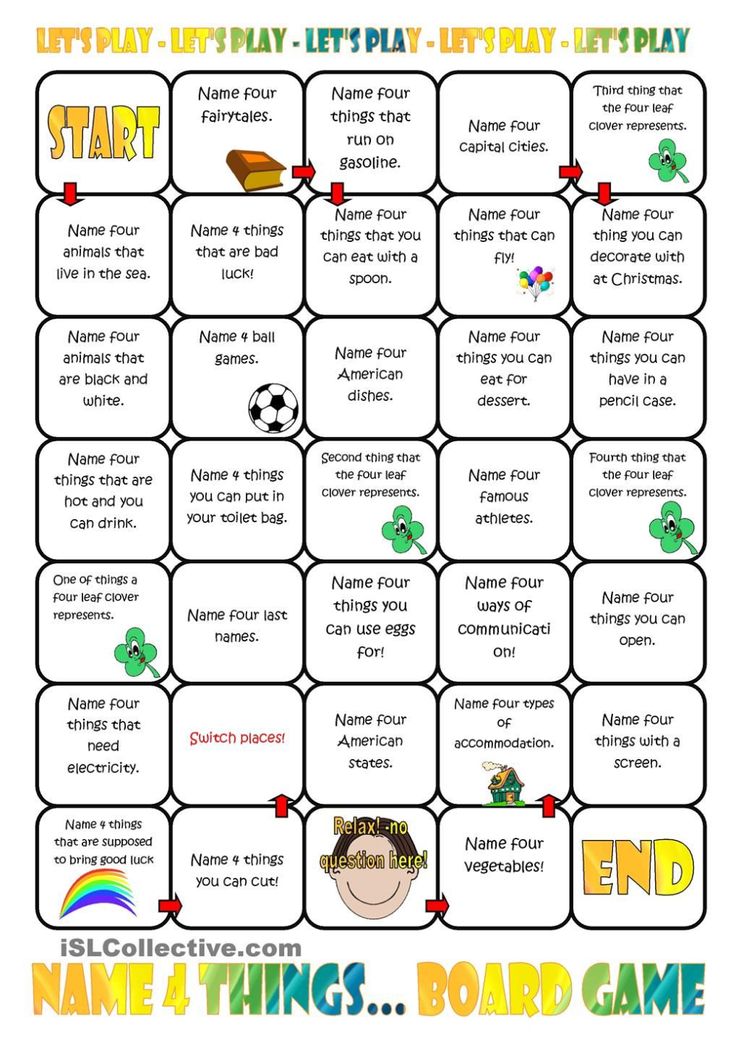 Also, analogues in our language can be found with the consonants N, B, F, Z.
Also, analogues in our language can be found with the consonants N, B, F, Z.
The pronunciation of the letter C depends on which characters it is adjacent to. If C is followed by the vowels I, E, Y, then it will be read as [s]. For example, in the word cinema (cinema). Before other vowels, C reads like [k]: come (come), camel (camel), cake (cake).
The consonants T and D in English are very similar to Russian T and D, only they are most often pronounced with a breath. But the letter Q will always be accompanied by a vowel U. The letter combination Qu is pronounced as [kw]. For example, in the word queen (queen). The consonant G before the vowels I, E, Y will be read as [j] - [dʒ]. For example, orange (orange), badge (icon). Before all other letters, G is pronounced like [g]: game (game), gale (storm).
Another unusual letter for the Russian language is Jj, which is always pronounced as [dʒ]. This consonant is very common in the names of representatives of English-speaking countries: Jack (Jack), James (James), Jane (Jane).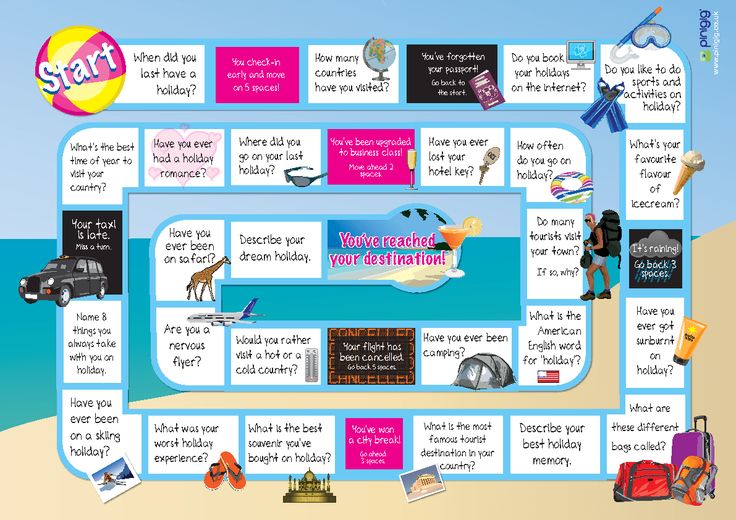
Below we provide a list of all English consonants with transcription:
Bb - [b]
Cc - [s] or [k]
Dd - [d]
Ff - [f]
Gg - [dʒ] or [g]
Hh - [h]
Jj-[dʒ]
Kk - [k]
Ll - [l]
mm - [m]
Nn-[n]
Pp - [p]
Qq - [kw]
Rr - [r]
Ss - [s] or [z]
Tt - [t]
Vv - [v]
Ww - [w]
Xx - [ks] or [gz]
Zz - [z]
Vowels
Reading in English for beginners is usually complicated not by consonants, which are often read the same way as they sound in the alphabet, but by vowels. There are only 6 vowels in English, but the problem is that each of them, depending on the position in the word, can have several reading options. Much is determined by whether the letter is in stressed or unstressed position. For stressed vowels, there are 4 types of syllable in English:
- An open syllable is a syllable ending in a vowel or a consonant (except R) followed by a silent E.
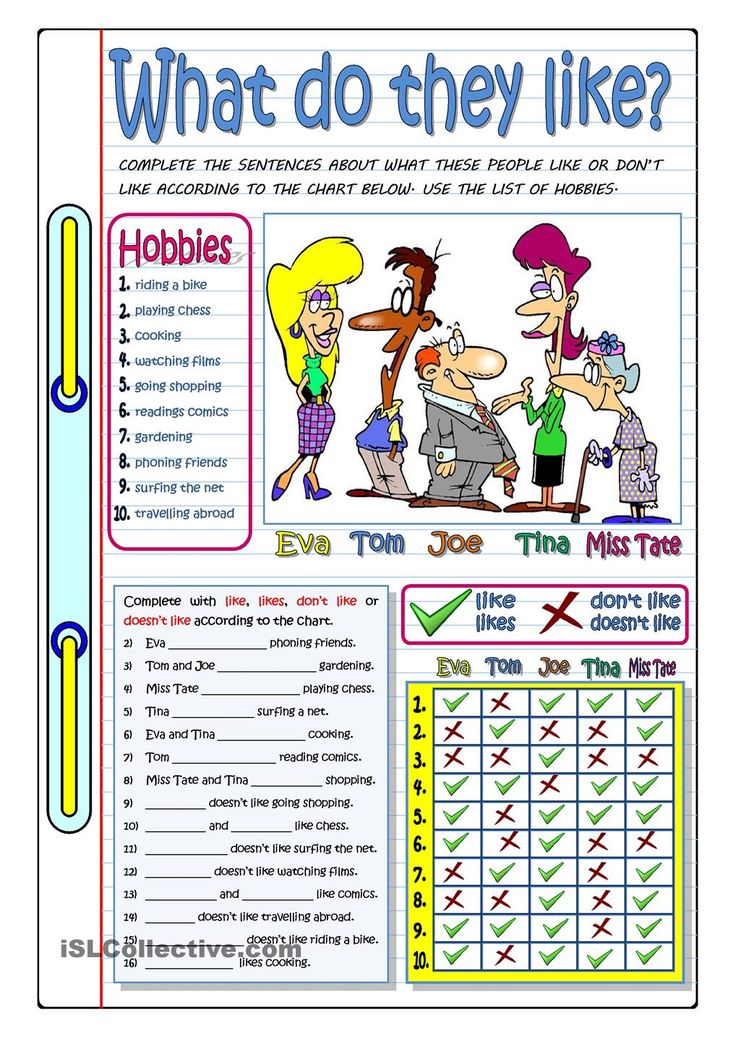 A stressed vowel in an open syllable is pronounced as it is pronounced in the alphabet. For example, plane (plane), placement (room), he (he).
A stressed vowel in an open syllable is pronounced as it is pronounced in the alphabet. For example, plane (plane), placement (room), he (he). - A closed syllable is a syllable that ends in one consonant (excluding r) or several consonants. The stressed vowel in such a syllable is transmitted in a short and clear sound. The vowel A is pronounced as the middle between e and a [æ]. For example, cat (cat). The letter O in stressed position in a closed syllable sounds like [ɒ] in the word dog (dog), E - like [e] (for example, ten - ten). Vowels Y and I in a closed syllable are pronounced as [i] (little - small, myth - myth). Finally, the stressed letter U will resemble a somewhat slurred short sound and [ʌ] (cut - cut).
- If a stressed vowel is followed by the consonant R alone or in combination with other consonants, then the vowels will be read as follows:
- a [ɑː] - long Russian sound a - park (park)
- o [ɔː] - lingering long Russian sound o - sport (sport)
- e [ɜː] - resembles the Russian sound ё in the word "honey" - fern (fern)
- y [ɜː] - byrd (bird)
- i [ɜː] - first (first)
- u [ɜː] - burn (burn)
- If a stressed vowel is followed by a consonant R in combination with any vowel, then the syllables are divided into diphthongs or triphthongs (complex sounds consisting of two or three letters pronounced as one).
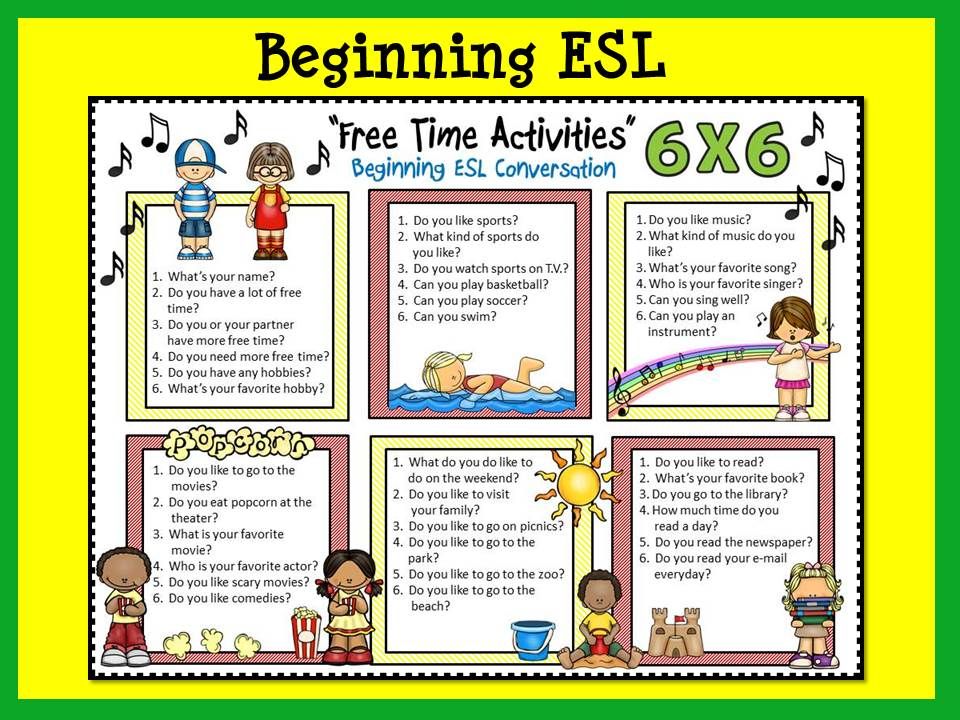 In this combination, the vowel A sounds like [ɛə]. For example, in the word fare (fare, fare). The vowel O in the fourth type of syllable will be pronounced as a long Russian sound O [ɔː]. An example here is the word more (more). The vowel E under stress is pronounced as something of a fusion between Russian I and A [ɪə], for example mere (only). Y and I with the fourth type of syllable are read as [aɪə]. For example, in the words fire (fire) and tire (tire). The letter U turns into the sound [jʊə] (during - during).
In this combination, the vowel A sounds like [ɛə]. For example, in the word fare (fare, fare). The vowel O in the fourth type of syllable will be pronounced as a long Russian sound O [ɔː]. An example here is the word more (more). The vowel E under stress is pronounced as something of a fusion between Russian I and A [ɪə], for example mere (only). Y and I with the fourth type of syllable are read as [aɪə]. For example, in the words fire (fire) and tire (tire). The letter U turns into the sound [jʊə] (during - during).
Learning to read consonant diphthongs
At the initial stages of learning a foreign language, students will also need to find the answer to the question of how to read diphthongs in English. This term refers to combinations of two letters that give one sound.
Table of English diphthongs. Consonants
How to read different combinations of vowels?
If you are seriously wondering how to learn to read in English, you will also have to study diphthongs with vowels.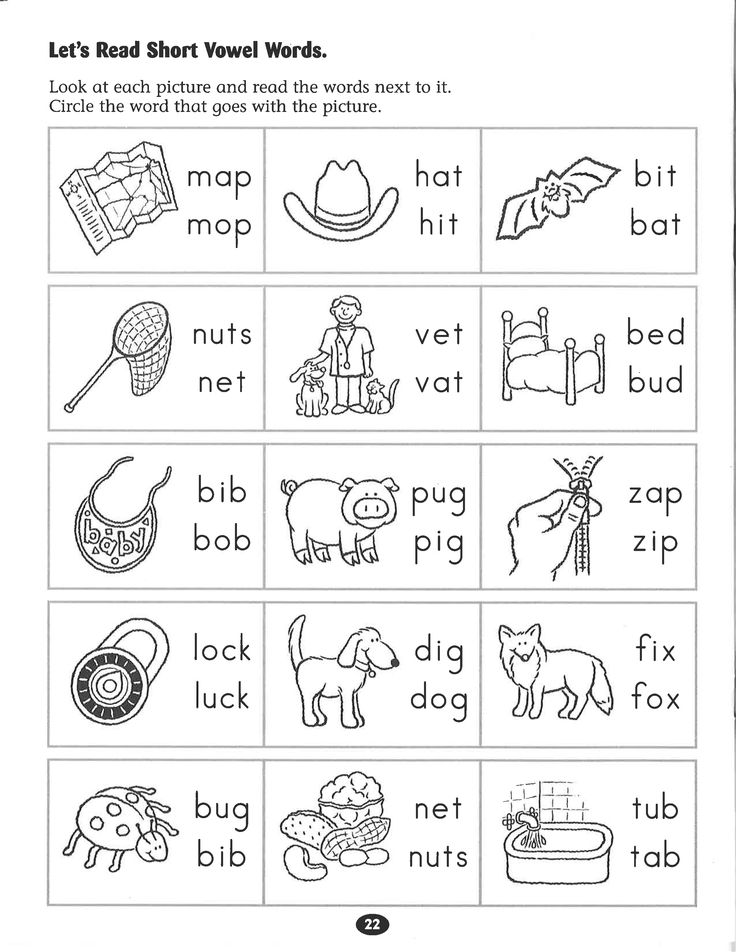 Here is some of them:
Here is some of them:
- ai, ay, ei, ey - [ei] - aim (goal, task)
- ai - [eə] - air (air). Before consonant R
- ae - [ɪ:] - aegis (protection, aegis)
- au - [o] - autumn (autumn)
- ea, ee - [ɪ:] - meal (food). Only if the vowel is not followed by the letter R
- ea, ee - [ɪə] - dear (dear). In position before R
- ie - [ɪ:] - field (field).
- oa - [ou] or [o:] - boat (boat)
- oi, oy - [oi] - enjoy (enjoy)
- oo [u:] or [u] or [uə] - moon (moon), book (book), poor (poor)
- ou - [au] - ground (earth). In the middle of a word
Silent consonants
Those who have been reading English for quite some time rarely remember all the rules for pronouncing diphthongs. And even more so in the process of reading, not everyone pays attention to the fact that some consonants are dumb. But at the initial stage of learning, it is important to remember that the following letters are not read in English:
- G and K before N at the beginning and end of a word.
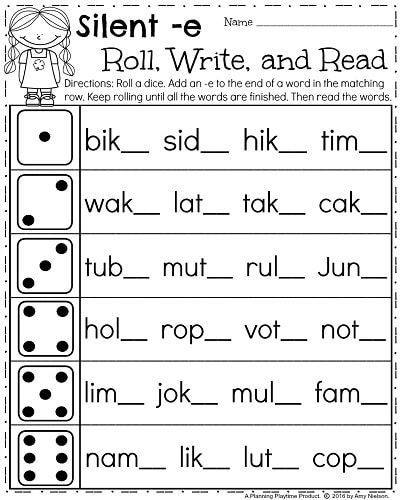 Foreign (foreign)
Foreign (foreign) - B and N after M. Autumn (autumn)
- W before R. Wrong (incorrect)
- P before N and S. Psychology (psychology)
You can learn to read English from scratch on your own. Do not try to cover everything at once, learn the sounds gradually. After you learn a diphthong or a letter, do not forget to consolidate the result by performing special pronunciation exercises.
In fact, there are a lot of rules for reading in English and exceptions to them, we have considered only the main ones. True, it is not necessary to learn them all. As you memorize new words, memorize their pronunciation and spelling immediately. So you will not have an urgent need to master all the rules of reading.
How to quickly learn to read English from scratch on your own. Tips for learners of English.
199429
When you study a foreign language, you study not only a set of vocabulary and grammar, but in any case you come across the culture and mentality of the people who speak this language.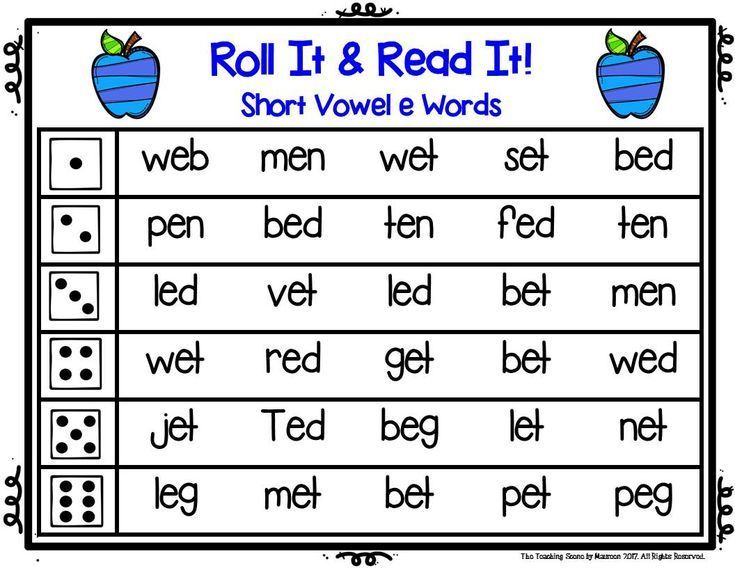 The best means of learning the language and culture is reading in the original . And in order to read in a foreign language, you must first learn to read in that language .
The best means of learning the language and culture is reading in the original . And in order to read in a foreign language, you must first learn to read in that language .
You don't have to burn books to destroy a culture. Just get people to stop reading them.
It is not necessary to burn books to destroy a culture. You can just get people to stop reading them.
~Ray Bradbury
Is there an easy way to learn to read English ? If you studied English at school, you should have got an idea of how English letters are read, you know what transcription is and how basic letter combinations are read. If your level is not beginner, but for example intermediate, then you will be interested in the article "Books in English for the intermediate level"
But, if at school or university you studied German or French, or your school base turned out to be smaller than you would like, and now you decide to learn English, then let's start with the most primary and basic and learn a few techniques where to start to learn the rules of reading.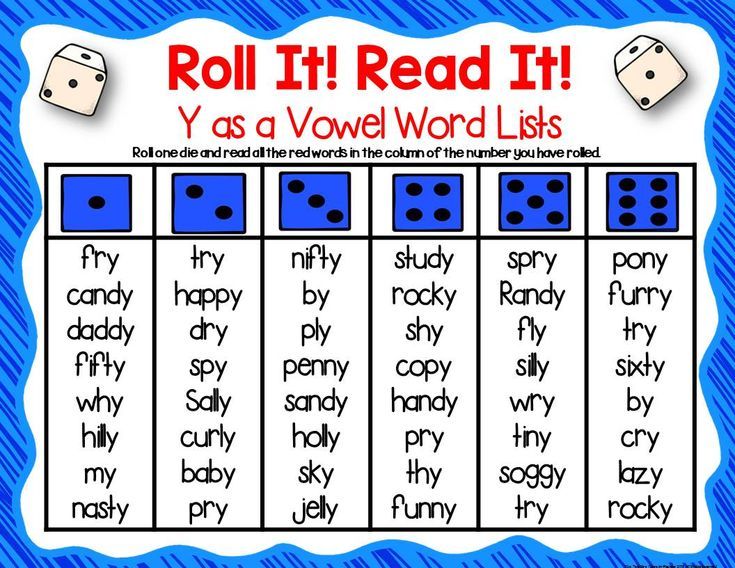
English alphabet
I think you know that English is different from Russian and German, in which we mostly read and write. In English, the system is a little more complicated. The very first thing we need to do is to learn the alphabet.
There are 26 letters in the English alphabet, of which 21 are consonants and 5 are vowels. Knowing the letters and the ability to pronounce them correctly is the key to successful and competent reading in English.
English alphabet with transcription of letter names.
A very easy way to remember letters visually and aurally is with the help of a song. Watch the video and sing the song until you remember the letters of the alphabet.
You can use the same method to teach the alphabet to your children and sing along with your little ones.
Rules for reading in English
After studying the alphabet, let's start studying the combination of letters and reading short words.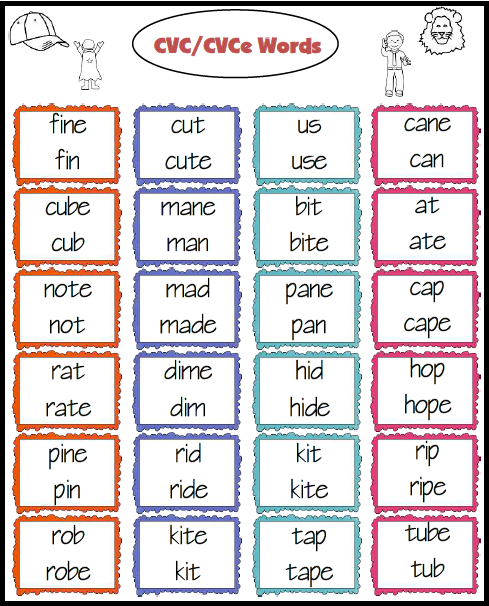 In English, there are a number of rules that you need to learn, practice and remember if you want to read English words correctly.
In English, there are a number of rules that you need to learn, practice and remember if you want to read English words correctly.
The same letter can be read in different ways, depending on the letters that surround it, as well as whether it is a closed or an open syllable.
Rules for Reading English Consonants
Many consonants read similarly to Russian consonants, for example, the letters m, n, l, b, f, z . You can see this in words like mom, lemon, finger, boy, zebra .
Letters like t and d sound similar, but are pronounced with aspirated . For example, the words table, teacher, dad, dirty .
The letter c has two readings. Before the letters i,e,y it reads like [s] - city, face, cyber . And before the rest of the vowels, it reads like [k] - cat, cake, factory .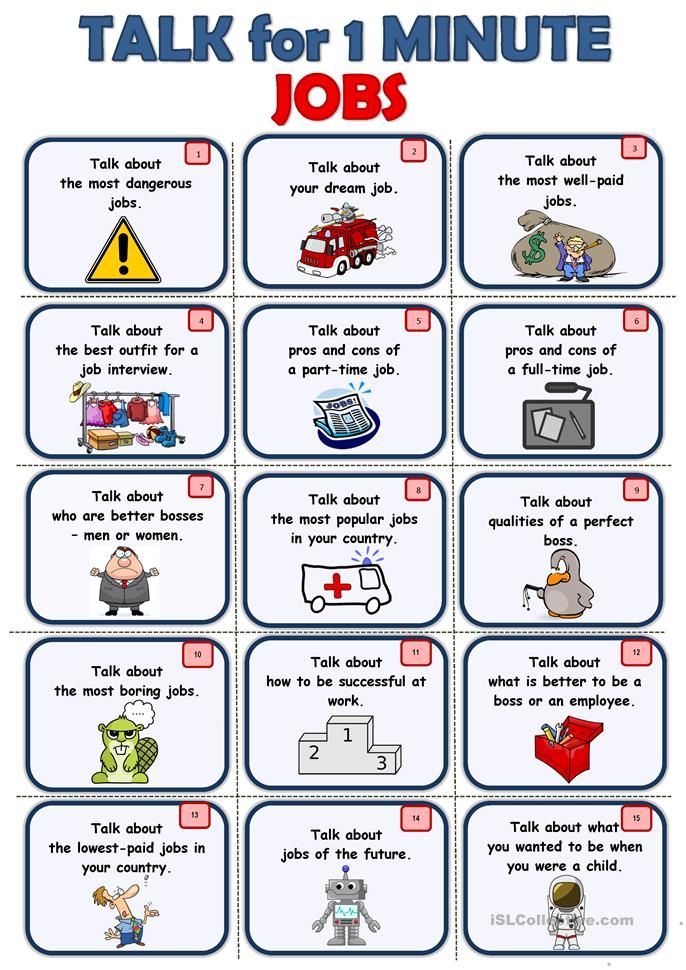
The rule with the vowels i,e,y also applies to the letter g . Before them, it reads like [dʒ] - gym, George, giant . Before other consonants, the letter reads like [g] .
The letter q is always found in combination with the letters qu and is read as [kw] - quick, queen, square .
The letter j is always read as [dʒ] - jacket, jam, joy .
Table of the ratio of consonants and sounds in English.
How vowels are read in English
In English, a word can end in an open or closed syllable, which affects pronunciation. For example, the words cat, pot, sit end in a closed syllable and have vowels a, o, i give sounds [a, o, i] .
Words such as name, home, five end in an open syllable, since the letter e is at the end of the word, which is not readable.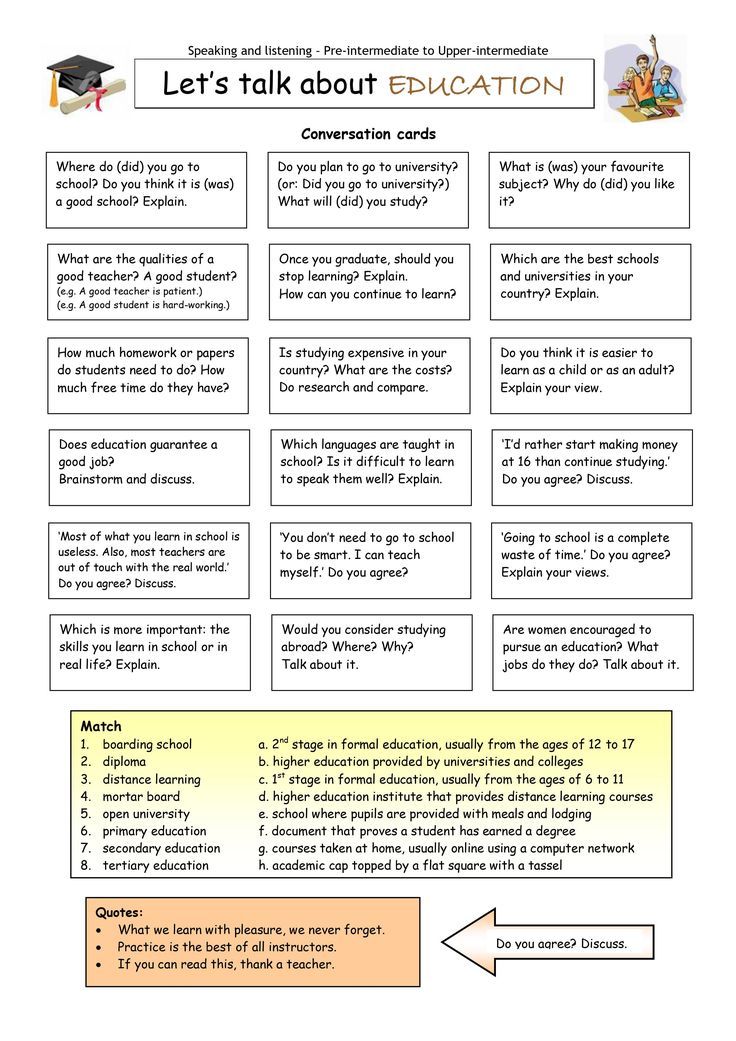 But, thanks to her, the vowels in the middle of the word are read exactly the same as they are pronounced in the alphabet, that is, the word name is read [neɪm].
But, thanks to her, the vowels in the middle of the word are read exactly the same as they are pronounced in the alphabet, that is, the word name is read [neɪm].
Types of reading English vowels in stressed syllables.
Reading vowel combinations in English
There are certain combinations of letters that have established reading rules, although English is the language of exceptions, and when reading more complex words, you should consult a dictionary. The table below shows combinations of English vowels with examples of , how they are read and what sound they make.
Table of vowel combinations in English.
And of course, there are exceptions to all rules. However, do not worry and think that you will never be able to learn it. Everything can be understood, you just need to try a little and practice.
English diphthongs with transcription
When you learn the basic rules of reading, you will see that in English there are diphthong sounds that are quite difficult to reproduce, especially if you start learning the language not from childhood, but in adulthood.
Table of English diphthongs with transcription.
Transcription of sounds in English
Practice shows that when children learn a language, they must necessarily study transcription, while adults do not want to learn it, and for them it can be difficult.
If you still want to learn how to write and read transcription, then great! And if not, then you can use online dictionaries where the word will be pronounced for you. One of the best dictionaries today is Multitran and the online dictionary Lingvo.
Important!
Remember that it is necessary to use dictionaries, not translators!
Here is an example of reading short words with transcription:
Table of English vowel sounds and transcription.
The fact that we live in the age of the Internet has some advantages. Sitting at home, you can learn different knowledge online. To your attention video lesson , which explains the basic principles of reading.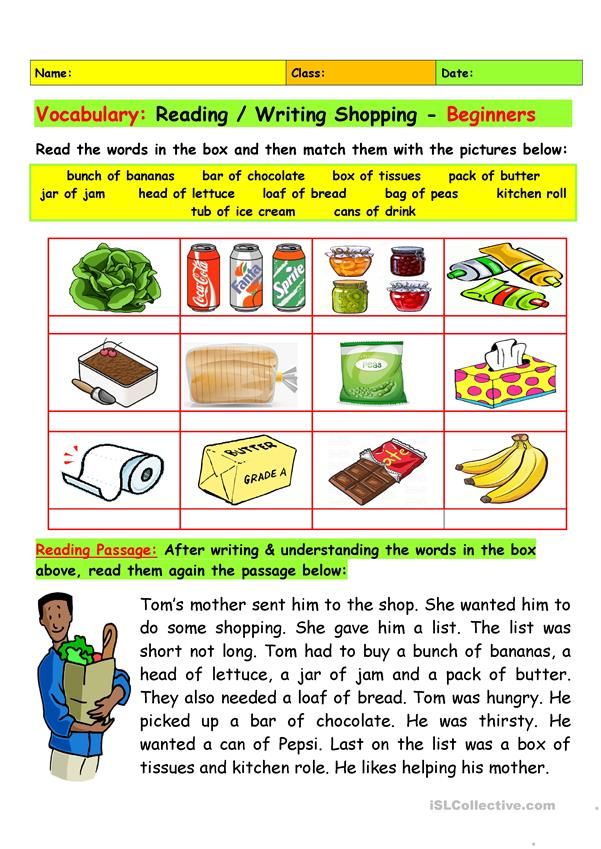 However, even after gaining knowledge through an online lesson, they need to be consolidated in order to form a skill.
However, even after gaining knowledge through an online lesson, they need to be consolidated in order to form a skill.
Tips on how to quickly learn to read English
In this section, we would like to share with you the experience that we gained in practice, teaching students of different levels. These tips have proven to be effective and useful in language learning. They can be used for levels from beginner to advanced. Use)
Learn English tongue twisters
Here tongue twisters can help you, which are often aimed at practicing one sound. Here are some examples you can use.
| English tongue twister | Russian translation |
|---|---|
| Whether the weather be fine, or whether the weather be not. Whether the weather be cold, or whether the weather be hot. 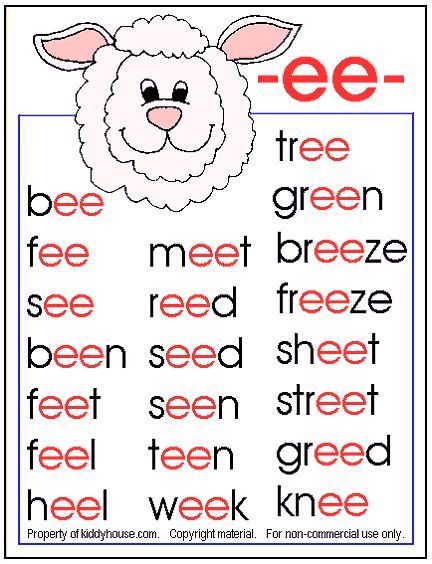 We'll weather the weather whether we like it or not. | The weather will be good or the weather will not be good. The weather will be cold or the weather will be hot. We will weather any weather whether we like it or not. |
| Three swiss witch-bitches, which wished to be switched swiss witch-bitches, watch three swiss Swatch watch switches. Which swiss witch-bitch', which wishes to be a switched swiss witch-bitch, wishes to watch which swiss Swatch switch? | Three Swiss bitch witches, wishing to change their gender, looking at the three buttons on the Swatch watch. What a swiss bitch witch wishing to change their gender, looking at which button on the watch "Swatch"? |
Do not worry that these are tongue twisters! At this stage, when you are just learning to read and practicing sounds, it is important to pronounce them correctly, albeit slowly.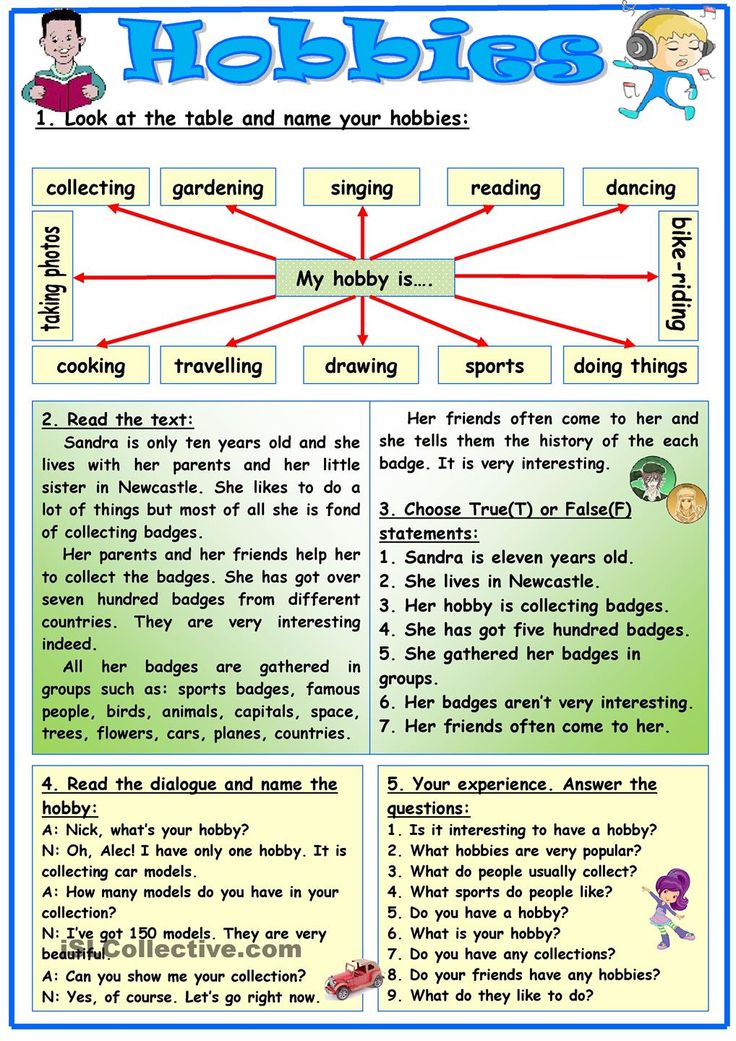 You can always speed up.
You can always speed up.
Learn to hear English speech
After learning the basic, basic rules of reading, you can use the method of repeating after the announcer. Your auditory memory will also work and you will hear how words are pronounced correctly and what intonation is in sentences.
For this you can use small dialogues and audiobooks for beginners. At this level, it will be ideal if the text is in front of your eyes, you listen, read and repeat at the same time!
You can use a great resource like Oxford bookworm Library for audiobooks for all levels. You can download the library for free here
For those who continue to learn English, we recommend learning the language from movies, which you can read about in the article "10 sites to learn English from movies"
Work on the pronunciation of
The ability to read is only the first step in learning a language. As well as learning grammar and vocabulary, learning how to pronounce and hear correctly is very important if you want to understand what is being said to you and say it so that you are understood. Especially if you're talking to a native speaker.
Especially if you're talking to a native speaker.
As we said a little above, one of the best ways is to listen carefully to native speakers and try to copy their pronunciation and intonation .
Pay special attention to sounds that are not in your native language. Often, English learners have a problem with the 'r' sound, as in Russian it is hard, while in English it is more guttural and growling.
There are also difficulties with the pronunciation of two sounds, which gives the combination of the letters ‘th’ . Students stubbornly pronounce it as 'c' and 'h'. Although it is worth paying attention that in such words as this, that, there this sound is said as between 'z' and 'd'. And in words like three, think, thief, it is pronounced as a sound between ‘f’ and ‘s’.
This may seem strange to you, since there are no such sounds in the Russian language, but if you listen to native speakers, you will understand that this is what they say.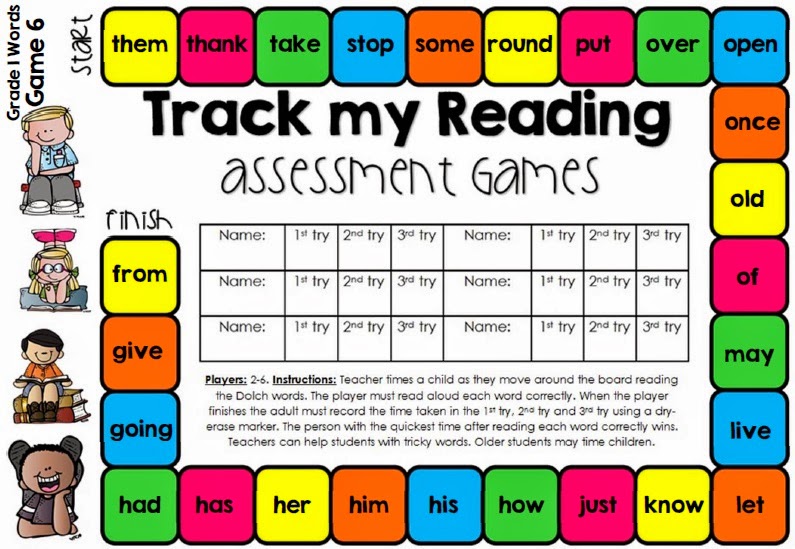
Don't worry if you can't get these words right the first time, it takes a little practice. But, try to learn correctly from the very beginning, because it will be more difficult when you are forced to relearn.
Learn to pronounce phrases in English correctly
In English, words in sentences are not pronounced separately, they often merge, as if into one whole, especially if it is a combination of vowel and consonant letters. Look and practice on these transcription examples.
| Phrase | Transcription | Translation |
|---|---|---|
| Look at those children. | /lʊkətðoʊzˈtʃɪldrən/ | Look at these children. |
| Turn off the TV. | /tɜrnəv ðətiː:viː:/ | Turn off the TV |
| Let's ask that man. | /lɛtsæsk ðət mæn/ | Let's ask this person. |
Don't open the window.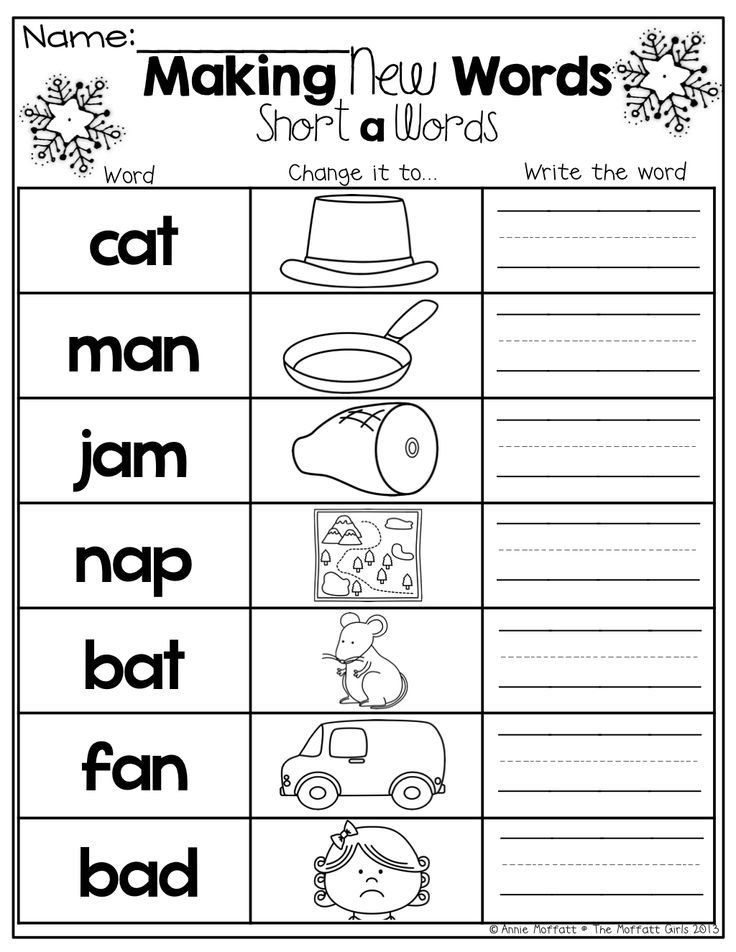 | /doʊntoʊpənðəˈwɪndoʊ/ | Do not open the window. |
| Let's eat at home. | /lɛtsit əthoʊm/ | Let's eat at home. |
The same applies to phrases where one word ends with the letter ‘r’ and the next word begins with a vowel. In such cases, the 'r' sound is pronounced. Here are some examples:
| Phrase | Transcription | Translation |
|---|---|---|
| Here is your key. | /hɪriz yɔ ki:/ | Here is your key. |
| There is a cat on the sofa. | /ðɛrizəkæt ɔnðəˈsoʊfə/ | There is a cat on the sofa. |
| His car is red. | /hiz kɑr iz red/ | His car is red. |
Finally:
We hope that this article has helped you understand how you can and should start learning English, and you have become familiar with some useful resources.